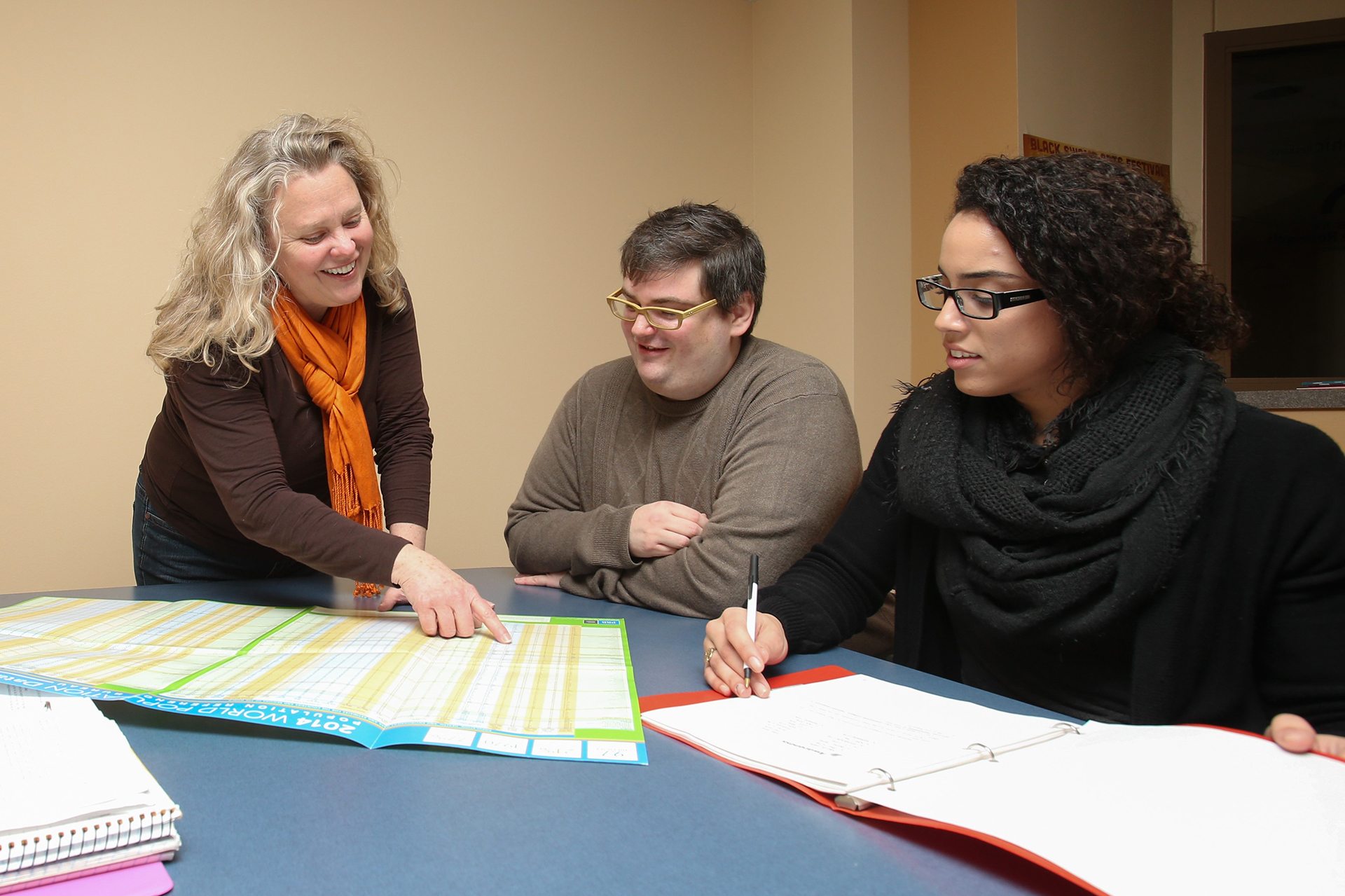What Is Sociology?
Sociology is a classical liberal arts degree with practical applications in human services, social policy, not-for-profit, and government sectors.
The American Sociological Association defines Sociology as...
- The study of society.
- A social science involving the study of the social lives of people, groups, and societies.
- The study of our behavior as social beings, covering everything from the analysis of short contacts between anonymous individuals on the street to the study of global social processes.
- The scientific study of social aggregations, the entities through which humans move throughout their lives.
- An overarching unification of all studies of humankind, including history, psychology, and economics.

Why Study Sociology?
- Sociology develops a variety of analytical and problem-solving skills, quantitative and critical thinking.
- A sociology degree is not license-specific, but is applicable to a wide range of occupations.
- Sociology gives students unique insight into human diversity and understanding of social problems.
- Students in sociology are critical consumers of information.
- A sociology degree is a relevant pre-professional degree for a broad range of fields.
"To understand a science, it is necessary to know its history."
-Auguste Comte

Neither the life of an individual nor the history of a society can be understood without understanding both.
-C. Wright Mills
Research is formalized curiosity. It is poking and prying with a purpose.
-Zora Neale Hurston
Teaching Professor & Director of Undergraduate Studies
- Department of Sociology
Bowling Green State University
Bowling Green, OH 43403 419-372-3907
weinber@bgsu.edu

Updated: 02/23/2021 12:49PM
